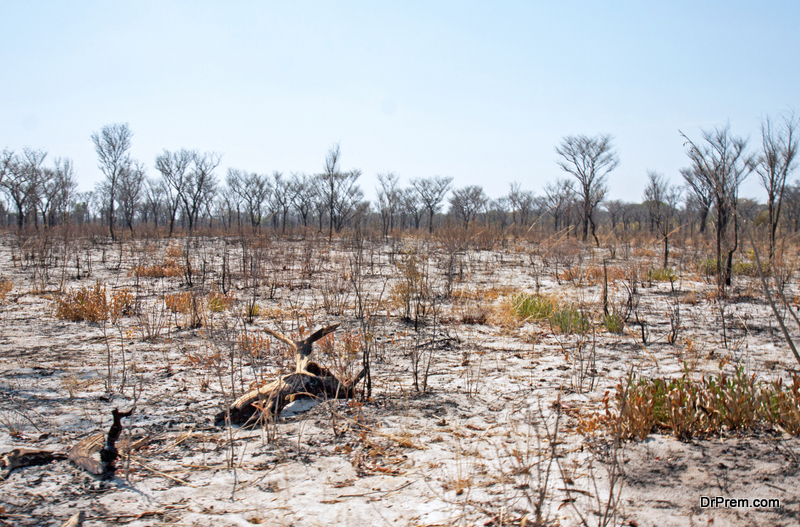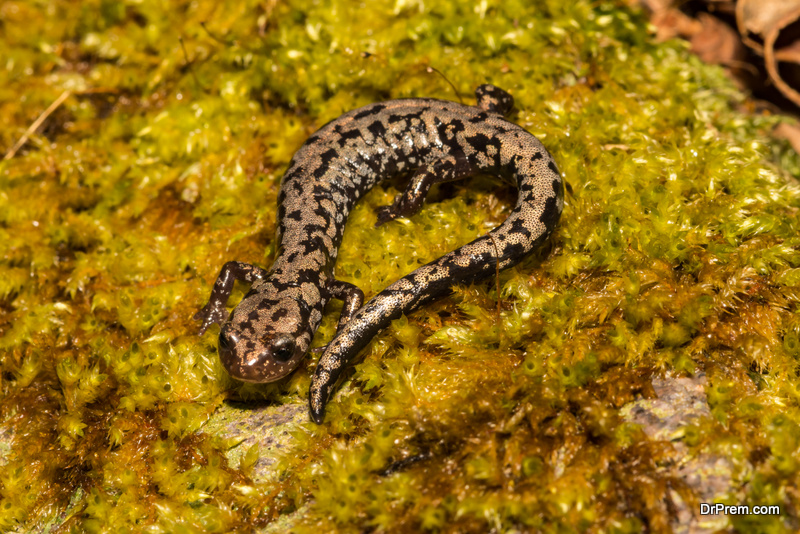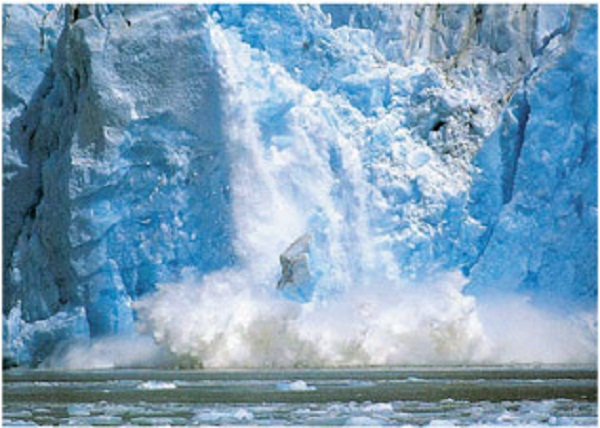Biodiversity loss is leading to the impaired functioning of natural and cultural landscapes. In forests, trees are the most prominent organisms. We can see for ourselves the reduction of tree species as many forests have been cut to give way to human endeavor. Almost everyone can witness loss of trees in the biodiversity is easy to comprehend. But, it is a little difficult to understand the loss of tiny animals and micro-organisms which perform very important tasks, as natural recyclers, pest controllers and herbivores. The latest research on loss of biodiversity is ringing the alarming bells in all quarters. Let’s find out more:
What does the latest research on loss of biodiversity say?
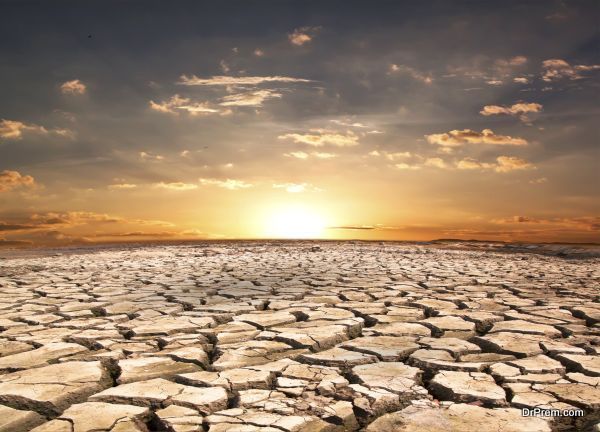 Biodiversity loss is happening at a fast rate all over the world. Previously, it could not be determined or quantified how the loss of microorganisms and small animals impacted biodiversity.
Biodiversity loss is happening at a fast rate all over the world. Previously, it could not be determined or quantified how the loss of microorganisms and small animals impacted biodiversity.
A team or researchers belonging to different countries – Chinese, German, Switzerland and the United States researched for 10 long years to quantify species loss. They worked in the semi-natural, species rich forests in the sub-tropical region of China.
The team studied the species diversity of spiders, beetles, woodlice, ants and fungi in the forests to study the impact of the loss in biodiversity. They also studied a number of processes, which are essential for the forests to function in the best way.
The processes they studied included timber growth, soil erosion prevention, nutrient recycling and the natural/biological control of some potential pests. The research on loss of biodiversity, led by German Centre for Diversity Research and Martin-Luther-University Halle Wittenberg, forest’s performance is determined not only by tree species diversity, but also by the diversity of fungus and animal species.
The forest performance comprises of climate regulation and carbon storage. The new research shows that biodiversity has to be perceived in totality to maintain forest performance.
Biodiversity collapse imminent
The effects of diminishing biodiversity could be seen in the report published by the international research team in ‘Nature’ journal. The research on loss of biodiversity has warned that unless concerted action is taken to reverse the loss of species in the tropical regions of the Earth; biodiversity collapse would take place on a global scale.
The paper presented in ‘Nature’ called the ‘The future of hyper diverse tropical ecosystems’ gave a wakeup call to the World – many tropical species are in danger of disappearing for good in different parts of the world. The impact of the loss in biodiversity will be devastating.
The study, which is the first of its kind conducted in the tropics, studied tropical ecosystems such as savannahs, tropical forests, rivers, lakes and coral reefs.
Results of the research
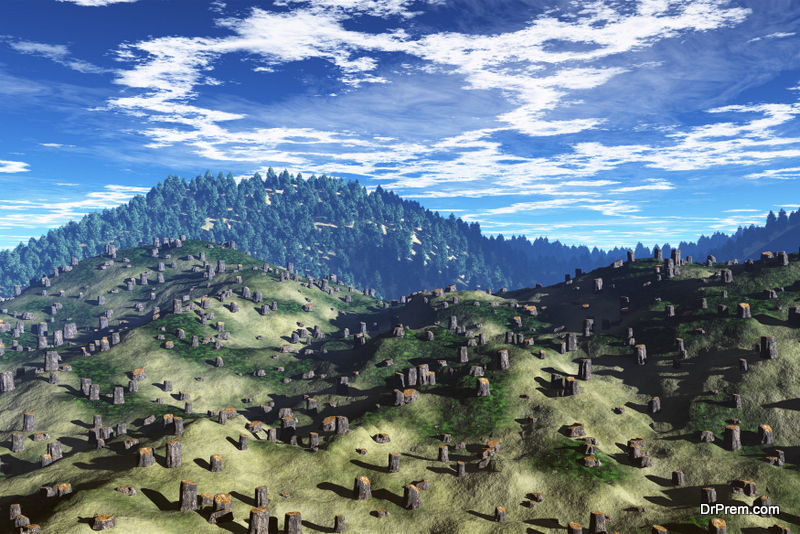 Biodiversity a defining issue is something that world should address on top priority. The authors of the research on loss of biodiversity found that the though the tropics cover just 40% of Earth, they have more than 3 quarters of all the species found on Earth, including almost all the shallow water corals.
Biodiversity a defining issue is something that world should address on top priority. The authors of the research on loss of biodiversity found that the though the tropics cover just 40% of Earth, they have more than 3 quarters of all the species found on Earth, including almost all the shallow water corals.
The tropical regions of Earth also contain approximately 90% of all the bird species in the world. Most species in the Earth cannot be found anywhere else, and more than a million species are still not known to science.
The scientists discovered that it would take almost 300 years to have a complete list of all the species in the world.
But would many species survive that long?
The research on loss of biodiversity scientists has discovered that many species are facing a ‘double jeopardy’ – that of harm due too human pressure and the extreme weather due to climate change. Selective logging and overfishing, and heatwaves, droughts and floods might lead to the extinction of many species of animal, plants and microorganisms.
The researchers explained that the over-harvesting of in-demand animals like pangolins as well as lesser known species are leading to their number diminishing considerably. Even the songbirds in tropical rainforests are being caught in huge number to be kept captive as pets.
How will life on Earth be affected by the disappearance of biodiversity
The effects of diminishing biodiversity will threaten millions of humans worldwide. Though just 0.1% of ocean surface cover; the coral reefs are a resource for fishes and protect the coastline for at least 200 million people.
Humid savannahs and tropical forests store approx 40% of carbon in the biosphere, and support rainfall in the world’s crucial agricultural regions. Due to the rainforests being destroyed in many parts of the world, many countries are already witnessing drought like conditions.
Climate change has claimed the first victim – Bramble Cay mosaic tailed rat which has become extinct. This small rat was thriving in the island till the rising sea levels (due to climate change) caused frequent floods which wiped them out.
Thus, climate change is one of the effects of diminishing biodiversity. Environmentalists are predicting a mass extinction, which would be the sixth extinction faced by the Earth.
Does biodiversity decline lead to increase in infectious diseases?
Montana University researcher studied whether the decreasing biodiversity plays a role in infectious disease spillover from animals to humans. The results were mixed, with a few species being able to resist diseases with more diverse ecosystem. Some species showed that more diverse ecosystem increased diseases, while some species were unaffected by biodiversity.
Research calls for greater and intensive efforts for conservation of species
 The results of the study are bleak, but it also made suggestions to restore the health of the vital ecosystems around for the better. More data is required and unlike present time when research is being conducted in a few developed/ rich countries, there should be funding allotted to third world tropical countries, to get a clearer picture.
The results of the study are bleak, but it also made suggestions to restore the health of the vital ecosystems around for the better. More data is required and unlike present time when research is being conducted in a few developed/ rich countries, there should be funding allotted to third world tropical countries, to get a clearer picture.
Biodiversity a defining issue today needs as much attention as other major issues facing the world. We have to care for our forests, especially in the tropics. The situation is not very heartening, yet we must lose heart. With the help of research on loss of biodiversity, we should actually start working to preserve it, and continuing to do so consistently will surely yield positive results.


